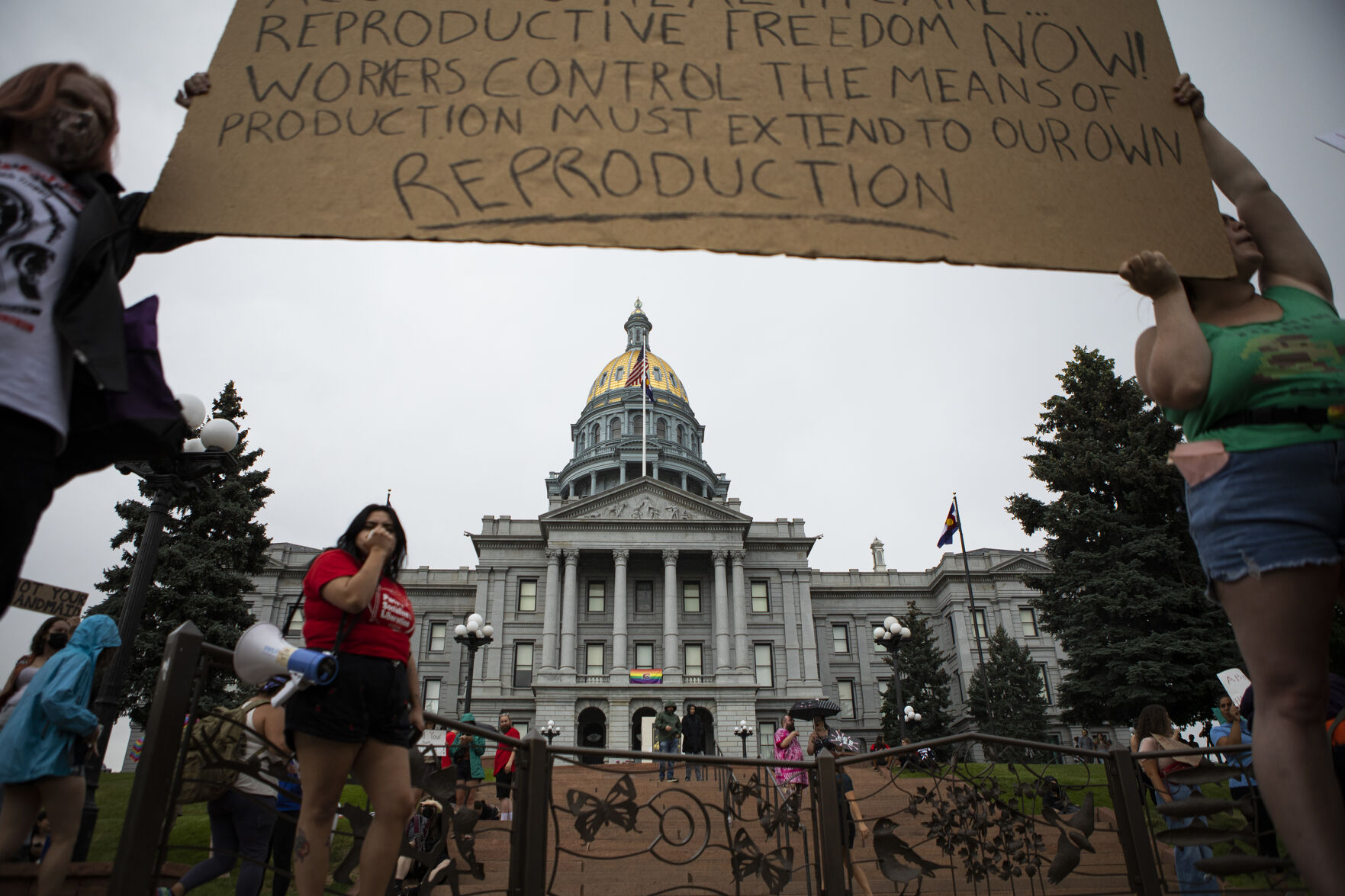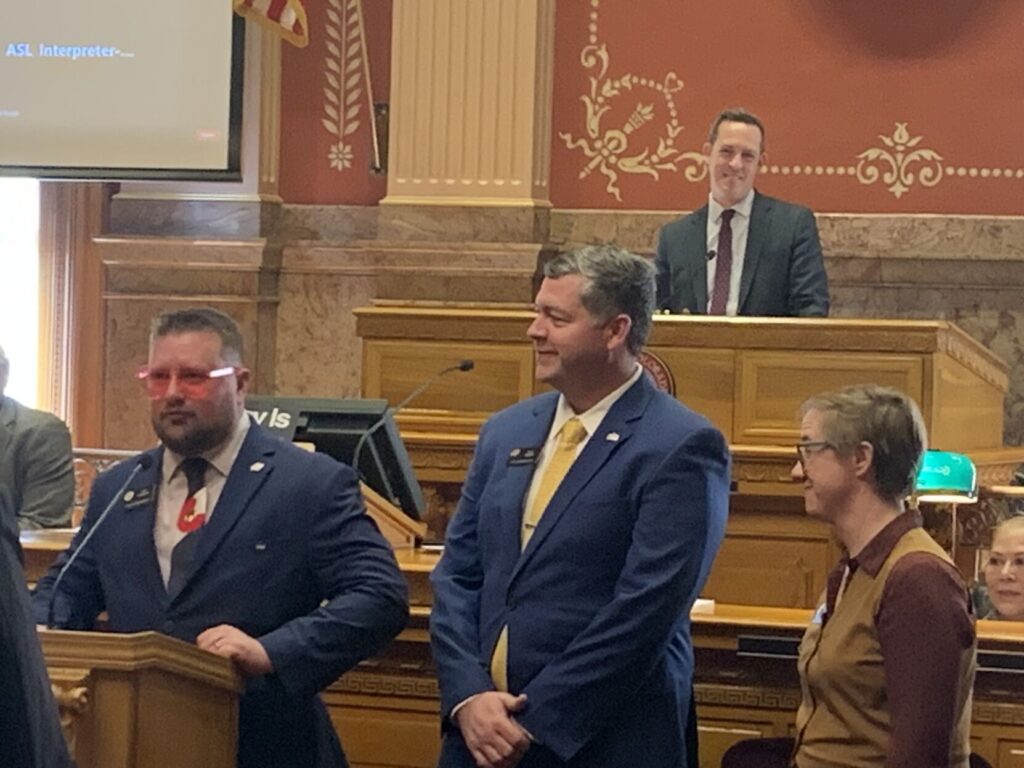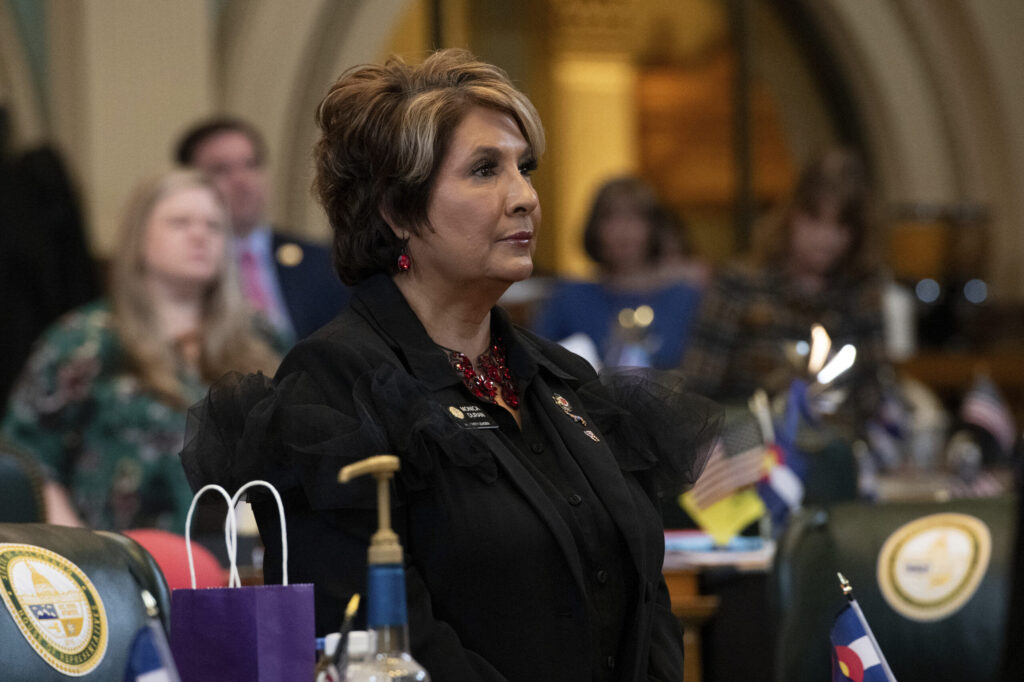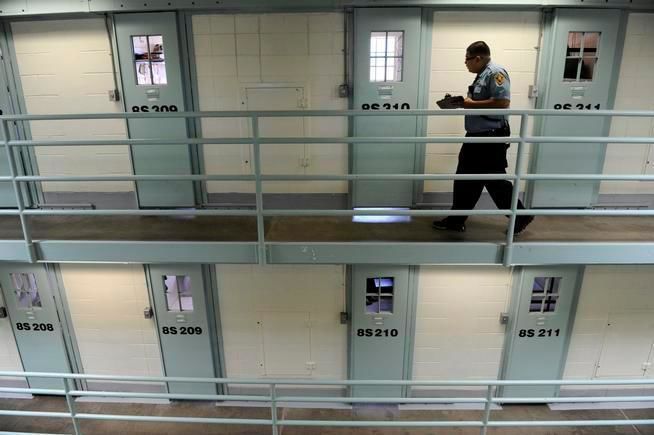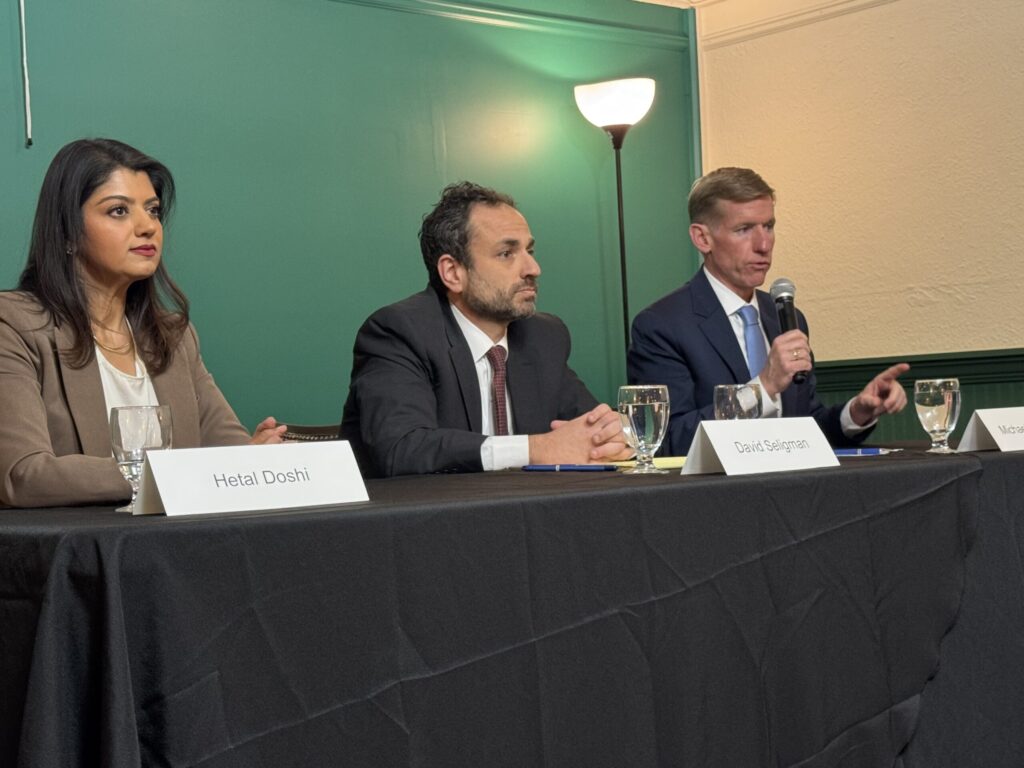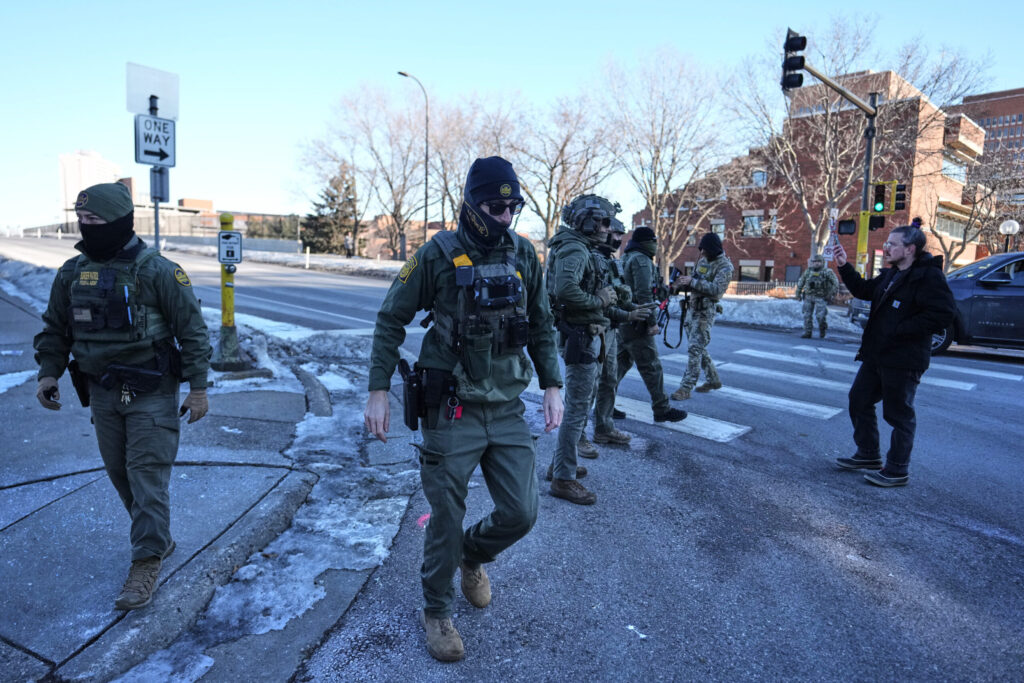Colorado’s Catholic bishops defend crisis pregnancy centers, abortion ‘reversal’
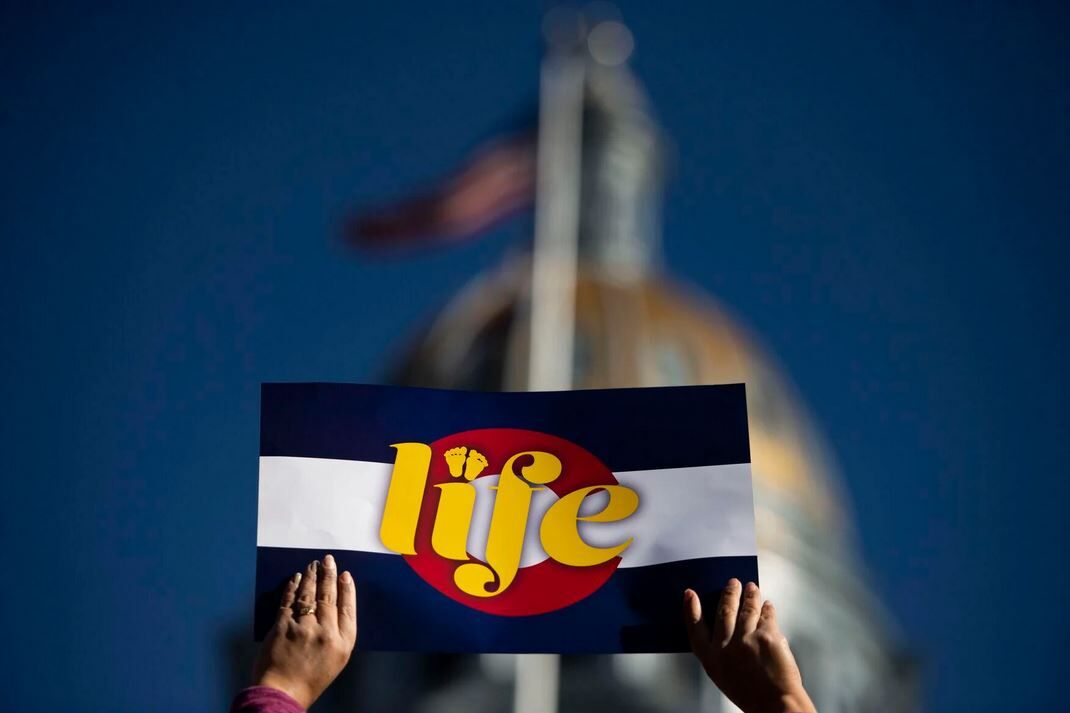
Colorado Catholic bishops pushed back against a slew of abortion-rights legislation Democrats introduced at the state Capitol this week, arguing the proposals “eliminate choice” for women.
In particular, the Archdiocese of Denver and Colorado Catholic Conference contended that Senate Bill 190, which seeks to ban “abortion reversal,” removes “the choice of a woman to sustain her pregnancy and save her child’s life.”
“Abortion reversal” is a relatively new front in America’s long-running war over abortion, with policymakers pushing for dueling outcomes: Ban it, on the one hand or require that women seeking an abortion learn about it, on the other hand.
In Colorado, dueling legislative proposals seek these two diametrically opposed outcomes, although only the Democratic-sponsored legislation, SB 190, holds realistic chances of becoming law. The other bill, introduced by Rep. Scott Bottoms, R-Colorado Springs, requires a health professional prescribing medication abortion to inform a woman – 24 hours before and in person – that it “may be possible to reverse the abortion” if she changes her mind.
In a statement, the Catholic bishops argued that “abortion reversal” is safe and effective, that taking the “reversal” pill, which uses progesterone, does not result in side effects for either baby or mother and that children born after taking the medication are healthy and strong.
“It is prescribed by a licensed medical provider to outcompete the life-ending effects of chemically induced abortion for the baby,” the bishops said, arguing that the proposal to ban the procedure also violates the First Amendment rights of people who wish to promote it.
Critics of “abortion reversal” say the procedure is based on “unproven, unethical” research. The American College of Obstetricians and Gynecologists rejects prescribing progesterone to stop medication abortion. The group said claims about abortion “reversal” treatment are “not based on science and do not meet clinical standards.” Planned Parenthood calls abortion reversal “inaccurate” and “unethical.”
Generally speaking, women have two options to end a pregnancy – surgical or medication-induced abortion. The latter uses a combination of two drugs – mifepristone and misoprostol – usually taken a day apart. Mifepristone blocks progesterone, the hormone that helps with pregnancy, and misoprostol makes the uterus contract, causing cramping and bleeding to empty the uterus, thereby completing the abortion.
Supporters of “abortion reversal” say a 68% chance exists that taking progesterone ingesting the second of the two-medication abortion prescription will result in the pregnancy continuing.
SB 190 also prohibits crisis pregnancy centers from using what proponents describe as deceptive advertising. Specifically, the bill bans disseminating any advertisement that indicates, directly or indirectly, that an entity offers abortion or emergency contraceptives – or referrals to these services – when it does not.
The bill’s sponsors – Sen. Faith Winter, Sen. Janice Marchman, Rep. Karen McCormick and Rep. Elisabeth Epps – argued that the crisis pregnancy centers pretend to offer abortion care but don’t, using “disinformation, intimidation and delay tactics” to prevent people from accessing abortion care.
“These are fake clinics that lure in vulnerable people seeking care,” said Marchman, D-Loveland. “They peddle biased and inaccurate information about abortion care and contraceptives, and they take advantage of people during some of their most vulnerable moments. Simply put, they lie. And that’s unacceptable.”
The Catholic bishops countered the legislation would shut down “life-affirming alternatives to abortion for women experiencing an unexpected pregnancy, again eliminating choice.”
“Their focus and advertisement on alternatives to abortion is designed to empower a woman to welcome her child into the world,” the bishops said, adding these centers outnumber abortion clinics, 51-20, in Colorado, and that’s why the “abortion lobby” seeks their closure.
The bishops added the legislation also violates the pregnancy centers’ First Amendment rights.
In addition to opposing legislation to allow a health care provider to provide contraception to minors without their parents’ consent, the Archdiocese of Denver and Colorado Catholic Conference also criticized a proposal, which, in particular, seeks to ensure that health professionals do not get their licenses denied or face disciplinary actions for providing or assisting in a “legally protected health-care activity,” specifically abortion and “gender-affirming” care.
The bishops criticized the latter as containing no religious exemption.
Editor’s note: An earlier version of this article incorrectly cited the bill number for Senate Bill 190.

